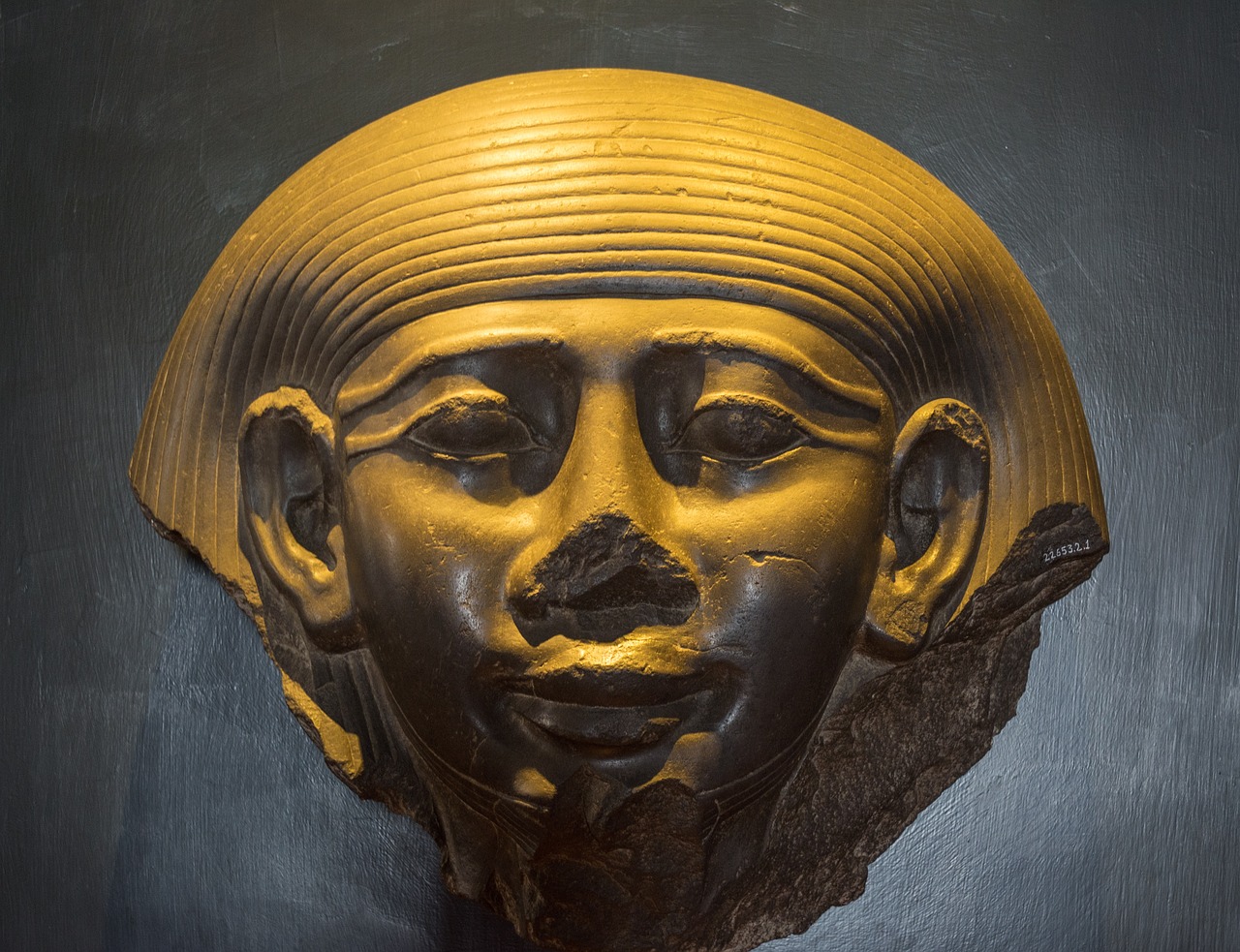Tag: ancient Egypt
-
Ancient Egyptian religion encapsulates the indigenous beliefs of Egypt, extending from predynastic times in the 4th millennium BCE to the eventual decline of traditional culture in the early centuries CE. For a comprehensive understanding of this historical context, one may refer to the broader history of Egypt. Nature and Importance The ancient Egyptians integrated their…
-
Montu, also known through various names such as Mentu, Monthu, and Montju, emerged as a significant deity in ancient Egyptian religion, symbolizing both the sun and warfare. His name is believed to originate from a term that signifies nomads. His principal centers of worship included the Theban nome, particularly in regions like Armant, Madu, Tod,…
-
In the realm of ancient Egyptian mythology, the enigmatic figure of Ammit, known as the Devourer of Hearts, stands out as both fascinating and daunting. Ammit is a remarkable combination of three fearsome creatures: the lion, the hippopotamus, and the crocodile, playing a significant role in the spiritual beliefs concerning the afterlife held by the…
-
The goddess Ammit, known also as Ammut or Ahemait, embodied divine retribution in ancient Egyptian mythology. Positioned next to the Ma’at scales, she was ready to consume the souls of the unworthy. Those who found themselves failing the judgment of the afterlife faced the dreaded second death and would not experience the serene fields of…
-
The Essence of Ma’at: Truth and Harmony in Ancient Egypt Ma’at embodies both a prominent goddess and a set of critical principles symbolizing truth, justice, and order in Ancient Egyptian culture. Represented in various ways, she occupies a dual role in religious and everyday life, signifying both a tangible deity and an abstract concept of…
-
In ancient Egypt, the goddess Heqet held a revered position as a deity representing fertility and childbirth. Her influence extended across various periods, from the Old Kingdom to the Ptolemaic era, primarily due to her significance in fertility, agriculture, and funerary rites. Women especially revered Heqet, often invoking her blessings for protection during pregnancy. Unraveling…


